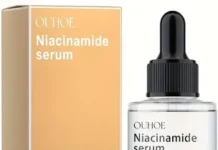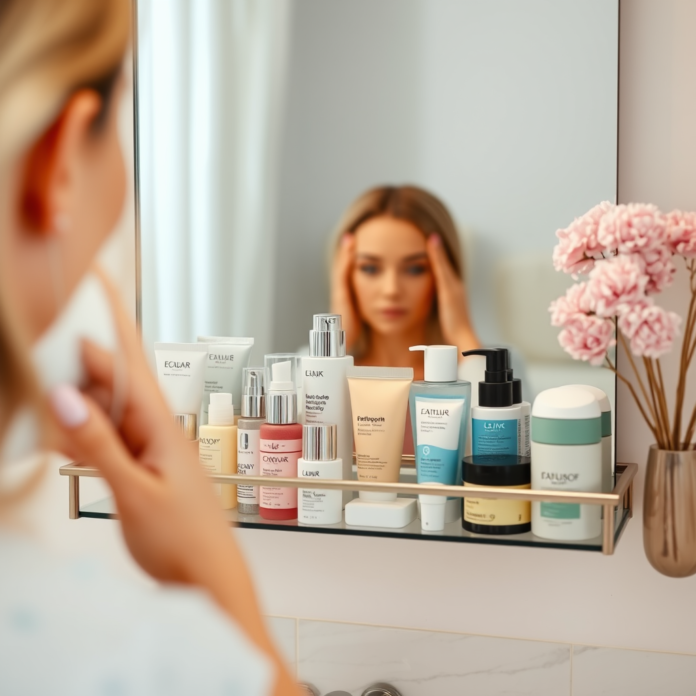
Have you ever wondered about the ingredients in the skincare products you use? That cream you just bought, that soap, lipstick, mascara, powder—what are they really made of? Are the chemical ingredients used in producing them safe for your skin and overall health? It’s time to find out which ingredients are friendly and which are not.
Loving your skin and health means knowing about the top harmful ingredients commonly found in skincare products and cosmetics. Some of these harmful ingredients are so dangerous they’ve been banned!
We are going to focus on the top 5 harmful ingredients you should watch out for. Let us do it together and learn what to avoid, so that you and I can can make safer choices for our skin and over all health.
Lets get stated:
Phthalate: Phthalates are salts or plasticizing chemicals used to enhance the spreadability and flexibility of products. Commonly found in nail polishes, perfumes, and lotions, they help these products apply more smoothly and maintain their consistency. In shampoos, phthalates act as softeners, making the product easier to use.
Health Concerns:
- Phthalates are known to be reproductive and developmental toxins. This means they can interfere with hormone functions, potentially leading to reproductive issues and developmental problems in both adults and children. Their widespread use and potential health risks make it important to be aware of their presence in everyday skincare and cosmetic products.
- One of the simplest ways to reduce your exposure is by reading labels before purchasing products. Look for packaging that specifically states “phthalate-free. See a few list of brands that are focus on using safer ingredients and are often transparent about their formulations: Drunk Elephant, Burt’s Bee, Tatcha, CeraVe and more. Why not go for these brands!
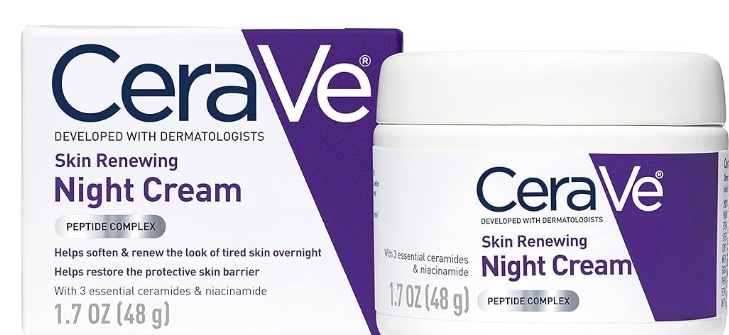
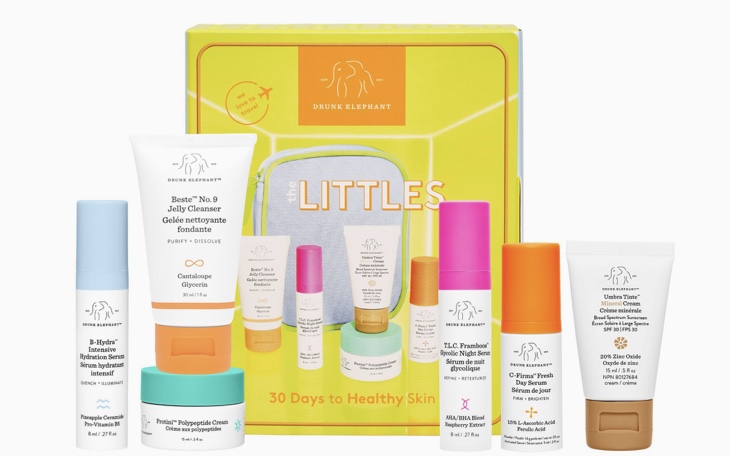
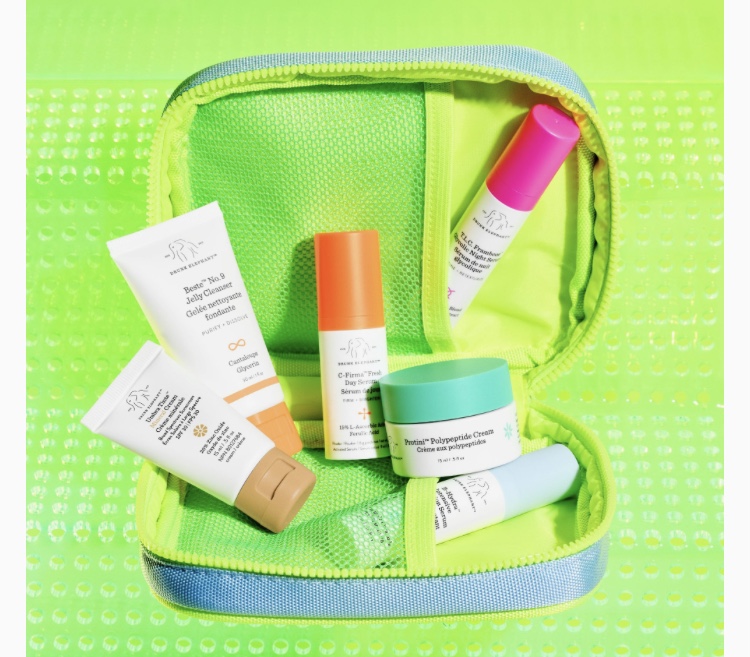
This set of six travel-friendly essentials is perfect for both morning and evening routines, offering a comprehensive skincare regimen that cleanses, exfoliates, hydrates, brightens, replenishes, and protects the skin. Designed to reset your complexion to a healthy state within 30 days, these products provide a convenient and effective solution for maintaining glowing skin on the go. It is a lovely pack for every woman.
Sulfates
Sulfates are salts formed when sulfuric acid (H2SO4) reacts with another chemical. They can be derived from petroleum or plant sources like coconut and in palm oil.
Sulfates, particularly sodium lauryl sulfate (SLS) and sodium laureth sulfate (SLES), are common ingredients in many personal care products, including shampoos, body washes, and toothpaste.
Sulfates act as surfactants and are commonly used for their lathering properties. While effective as cleansing agents, Researchers have raised some health concerns:
Health Concerns
- Irritation: Sulfate particles are a component of PM2.5, and exposure to them can lead to health issues. These include decreased lung function, worsening asthma symptoms, and death in individuals with chronic heart or lung conditions. SLS and SLES can irritate the eyes, skin, lungs, and scalp especially with long-term use. This irritation can lead to redness, dryness, and discomfort. Though sulfates are considered safe in moderate use
- Contamination: SLES may be contaminated with a substance called 1,4-dioxane during the manufacturing process. 1,4-dioxane is a known carcinogen in laboratory animals and poses potential cancer risks to humans.
- Environmental Impact: SLS and SLES are derived from petroleum and plant sources like coconut and palm oil. The production process, particularly from palm oil, contributes to deforestation and habitat destruction. Additionally, these sulfates can be harmful to aquatic life when they wash down the drain and enter waterways.
CoverGirl is a good brand that advocates natural ingredients in their products.
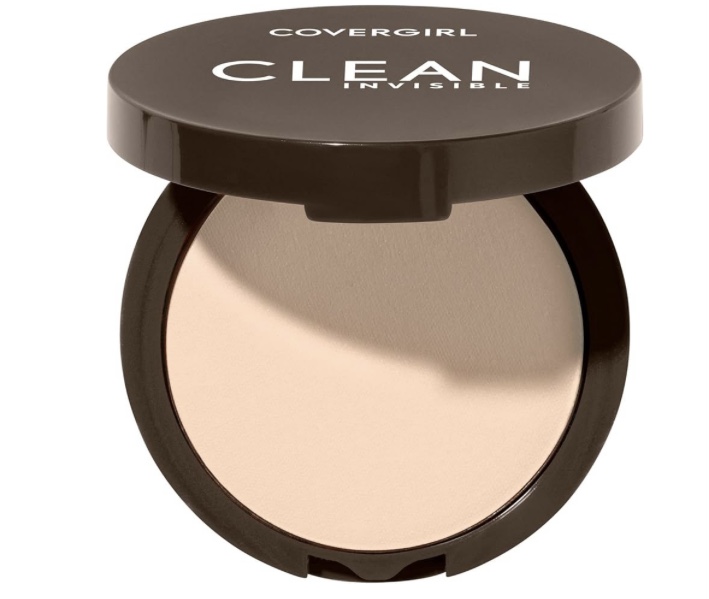
Infused with oil-absorbing oat flour, it delivers a shine-free, smooth finish that looks like your skin—only better. The vegan formula offers medium, buildable coverage without caking, while minimizing the appearance of pores and maintaining breathability. Complete with a soft applicator puff and mirror, it’s perfect for easy touch-ups on the go. Based on a consumer study, 99% of users report a natural, shine-free finish, and 98% love its ultra-lightweight feel and healthy look.
Plus, it’s free from parabens, sulfates, phthalates, and mineral oil, making it a clean beauty must-have. Check it out!
Synthetic Colours
Synthetic colours (Artificial Colurs), often used in cosmetics, are derived from petroleum or coal tar. Coal tar is composed of hydrocarbons, carbon, and water, resulting in a thick, dark, and viscous liquid with a distinct odours. If you prefer deeply pigmented lipsticks, it’s crucial to consider the ingredients behind these vivid shades. Typically, the richer the pigment, the higher the concentration of coal tar.
What is Coal Tar?
Coal tar is a thick, dark, and viscous liquid that is a by-product of the process of coal carbonization, which involves heating coal in the absence of air to produce coke and coal gas. It consists mainly of hydrocarbons, carbon, and water, and has a distinctive, strong odour.
Health Concerns
Artificial colours in skincare products can cause irritation, clogged pores, inflammation, and increased skin sensitivity when absorbed.
These dyes often disrupt the skin’s natural oil balance, leading to acne and more blemishes.
The toxins in these chemicals can also be absorbed into the body, potentially causing internal damage.
Research has indicated that certain dyes, particularly those made from coal tar, may be carcinogenic.
They can also affect neurons and trigger allergic reactions, especially in sensitive individuals. To avoid these risks, always check product labels for terms like “colorant” or specific names like “Tartrazine.
Opt for products that use natural colorants, such as coffee, molasses, seaweed powder, clays, and beetroot powder, to ensure your skin’s health remains uncompromised. Check these brands and their products 👇
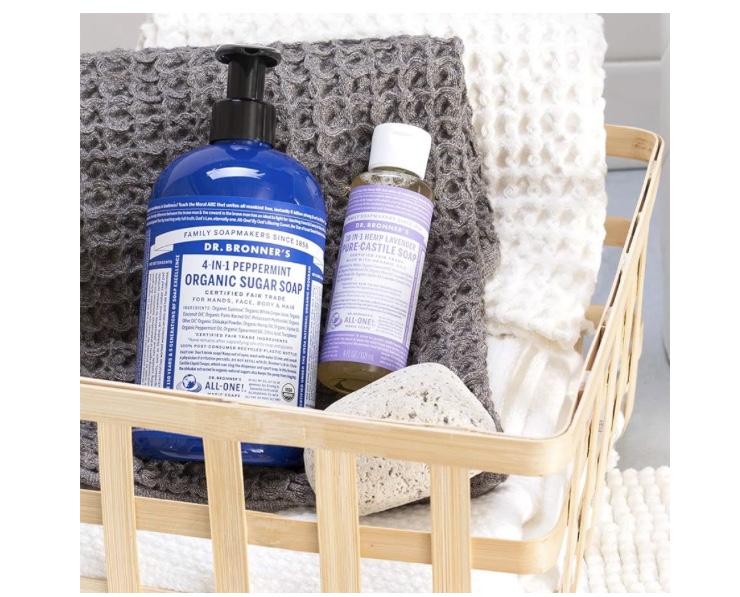
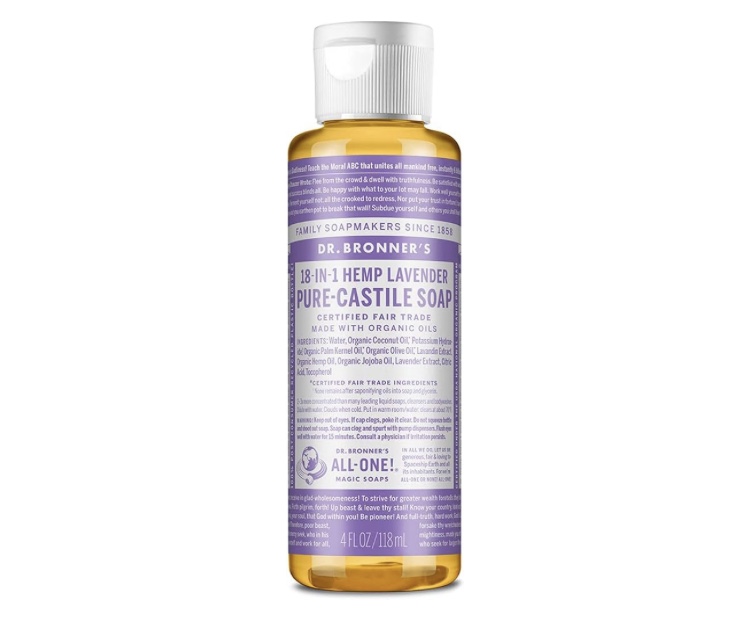
Dr. Bronner’s offers a truly organic experience, free from synthetic preservatives, detergents, and foaming agents, using only the purest ingredients sourced through fair trade and regenerative farming practices.
Affordable and eco-friendly products straight from farm to shelf to shower.
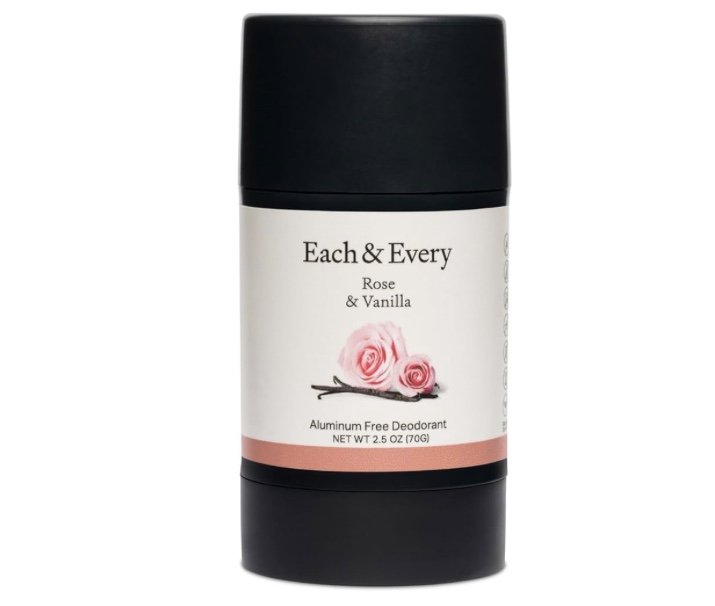
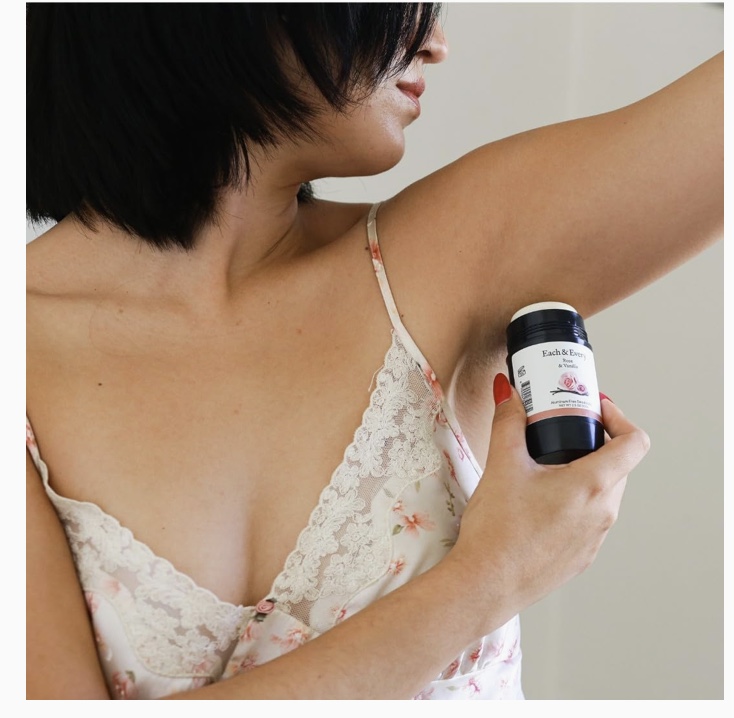
Each & Every aluminum-free deodorant is perfect for sensitive skin, offering all-day odour protection without harsh ingredients like baking soda or alcohol. With sustainable, plant-based packaging and luxurious all-natural scents, this vegan and cruelty-free deodorant combines safety, efficacy, and eco-consciousness in every swipe. It is suitable for everyone.
4. Fragrance and Perfumes
Fragrance is a common ingredient in many skincare products, often added to make the product more appealing.
Fragrances can be irritating to the skin, especially for those with sensitive skin. They can cause allergic reactions, redness, and even worsen respiratory disorder.
Manufacturers are not restricted from using fragrance and they are not mandated to reveal the content of their fragrance. It is therefore adviceable to go for fragrance-free products whenever possible or products with natural fragrances.
Natural fragrance in skincare products come from sources like essential oils, botanical extracts, and plant waters.
Common examples include lavender, rose, and citrus oils, which offer both pleasant scents and potential skin benefits like calming, soothing, or brightening effects.
While natural fragrances are often preferred over synthetic ones for their purity, they can still cause allergic reactions in some people.
It’s advisable to patch-test skincare products containing natural fragrances, especially if you have sensitive skin. Go for brands that are focused on using safer ingredients and are often transparent about their formulations when buying any skincare products. You can check this out 👇.

Melixir Vegan Lip Butter offers a deeply nourishing and non-sticky experience, perfect for sensitive lips. Infused with the revitalizing power of agave and the intense hydration of shea butter, this lip balm delivers lasting moisture and a natural glow.
Formulated with a blend of vitamin E, green tea seed oil, jojoba oil, and argan oil, it effectively nurtures dry, chapped lips without relying on any animal-derived ingredients. Cruelty-free and vegan, Melixir provides a mindful skincare choice that balances both your well-being and the environment.
Formaldehyde
Formaldehyde, a colorless gas, is commonly used as a preservative in skincare products to prevent bacterial growth.
It is found in various skincare products, including nail polishes, hair straightening treatments, gels, shampoos, deodorants, lotions, and makeup.
Health Concerns
While low levels of formaldehyde exposure are generally not dangerous, high exposure, especially in cosmetic products, poses significant safety risks. High levels of formaldehyde can lead to sensory irritation, skin sensitization, breathing difficulties, asthma, and even cancer with chronic exposure.
Always check the ingredients label before purchasing a product. If you cannot access the safety related information, do not buy the product.
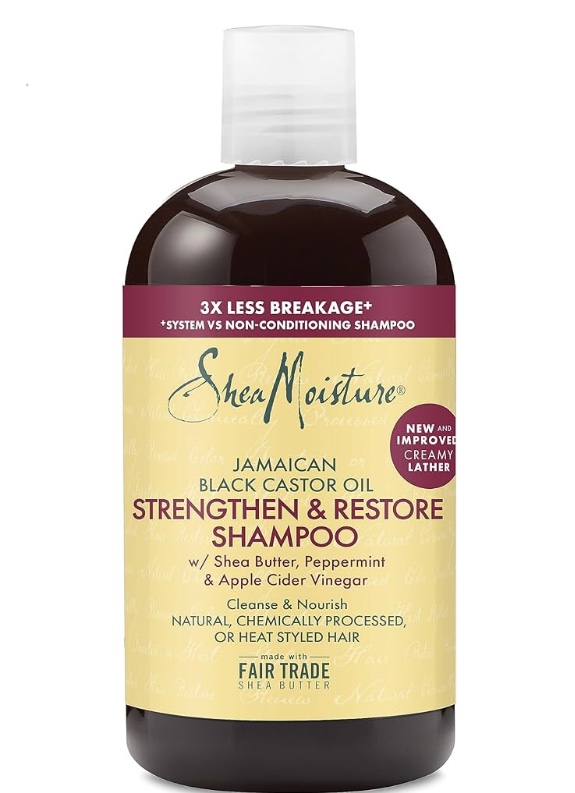
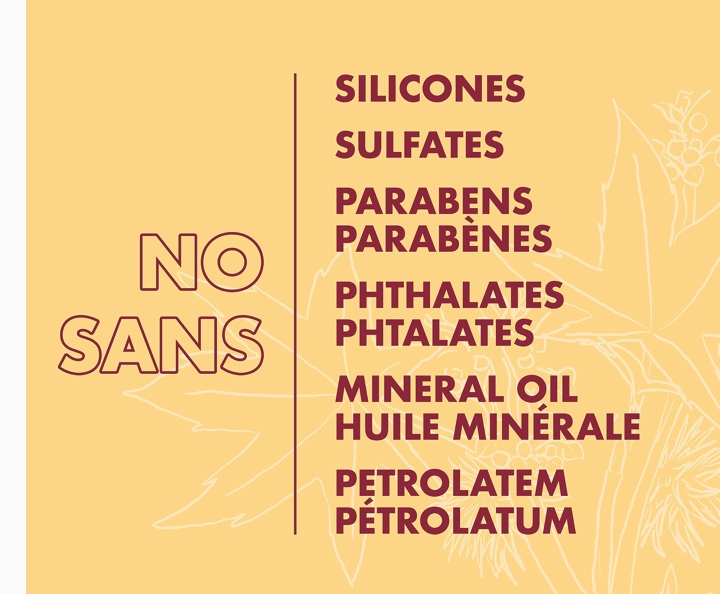
Jamaican Black Castor Oil and Shea Butter shampoo is formulated to help strengthen damaged and chemically processed hair. You must have thus to keep a healthy hair.
As I earlier noted, some of these ingredients have been outrightly banned or restricted. For broader knowledge of the make of the skincare products we use, here are a list of ingredients banned or heavily restricted in skincare products due to safety concerns:
1. Mercury Compounds – Banned in EU, US, Canada, Japan.
2. Hydroquinone – Banned in EU, Japan, Australia; restricted in US. Potential carcinogen; causes skin irritation.
3. Chloroform – Banned in EU, US. Carcinogen; toxic to liver and respiratory system.
4. Formaldehyde – Banned in EU, Japan, Sweden; restricted in US. Carcinogen; causes skin and respiratory issues.
5. Lead Compounds – Banned in EU, Canada. Causes neurological damage and reproductive issues.
6. Parabens – Banned in EU, ASEAN (specific types). Endocrine disruptors; linked to cancers.
7. Triclosan – Banned in EU, Canada, Japan; restricted in US. Endocrine disruptor; contributes to antibiotic resistance.
8. Phthalates – Banned in EU, Canada. Endocrine disruptors; linked to reproductive toxicity.
9. BHA – Banned in EU. Potential carcinogen; causes endocrine disruption.
10. Hexachlorophene – Banned in EU, US. Neurotoxic; causes skin and central nervous system damage.
You can discover more by yourself as there are more because your skin deserves the best care.
Try to be more vigilant about the ingredients in your skincare products. By avoiding these red-flag ingredients, you can protect your skin from unnecessary harm and enjoy a healthier, more radiant complexion.
Always read the ingredient list, do your research, and opt for products that emphasize skin health over cosmetic appeal.
Goodluck!


